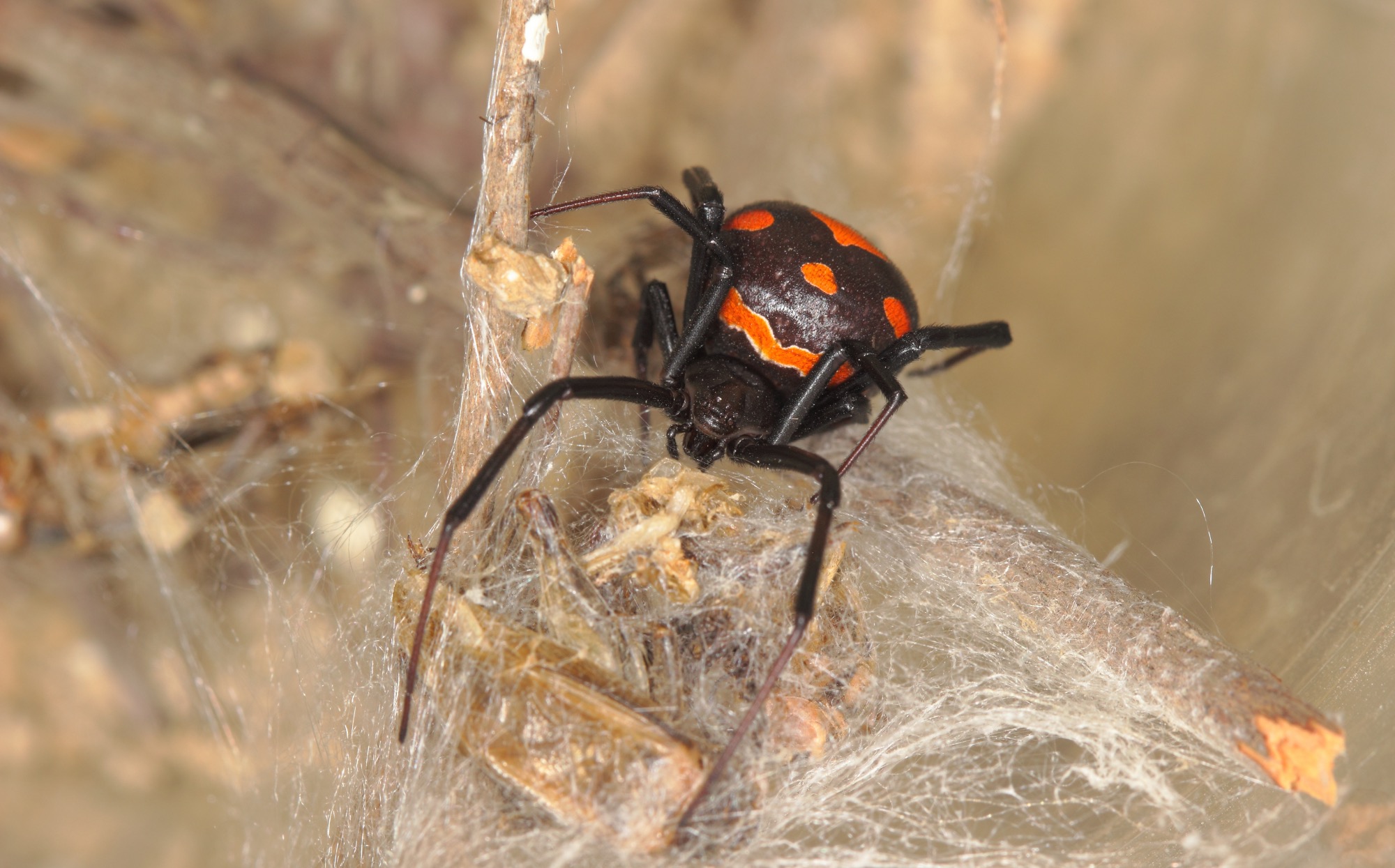If you get a black widow bite, you’ll most likely experience the following: immediate severe pain, muscle cramps, a racing heartbeat, and sometimes, nausea and vomiting. You’ll likely survive, but you might need an injection of antibodies from horse blood to recover.
Now, at least part of that program could change. After years of effort, bioengineers have derived the first black widow spider antivenom from humans. It’s still years away from hitting the market, but it marks one step toward replacing the current flawed, unreliable antivenom.
A research team led by Michael Hust, an expert on pathogens and toxins with the Technical University of Braunschweig, Germany, announced the findings Wednesday in Frontiers in Immunology.
Focusing on European black widows (Latrodectus tredecimguttatus), the team scoured 10 billion human antibodies in search of the right formula. Of these, they ultimately identified just 45 antibodies that would counteract the venom. Their treatment only works against European widow variants for now, Hust told U.S. News and World Report.
It’s still a step in the right direction. The existing horse-derived antivenom is far from guaranteed successful and can trigger allergic reactions. And creating it is “slow, dangerous” work, according to the European Union’s Community Research and Development Information Service.
Black widows rank as the most venomous spiders in North America and instill legendary fear.
Their venom, called alpha-latrotoxin, can affect patients for several days after a bite. However, bites are rarely fatal. One study involving 23,409 cases found just 1.4% experienced “life-threatening” symptoms. Another in 2020 examined 1,015 patients — none died.





